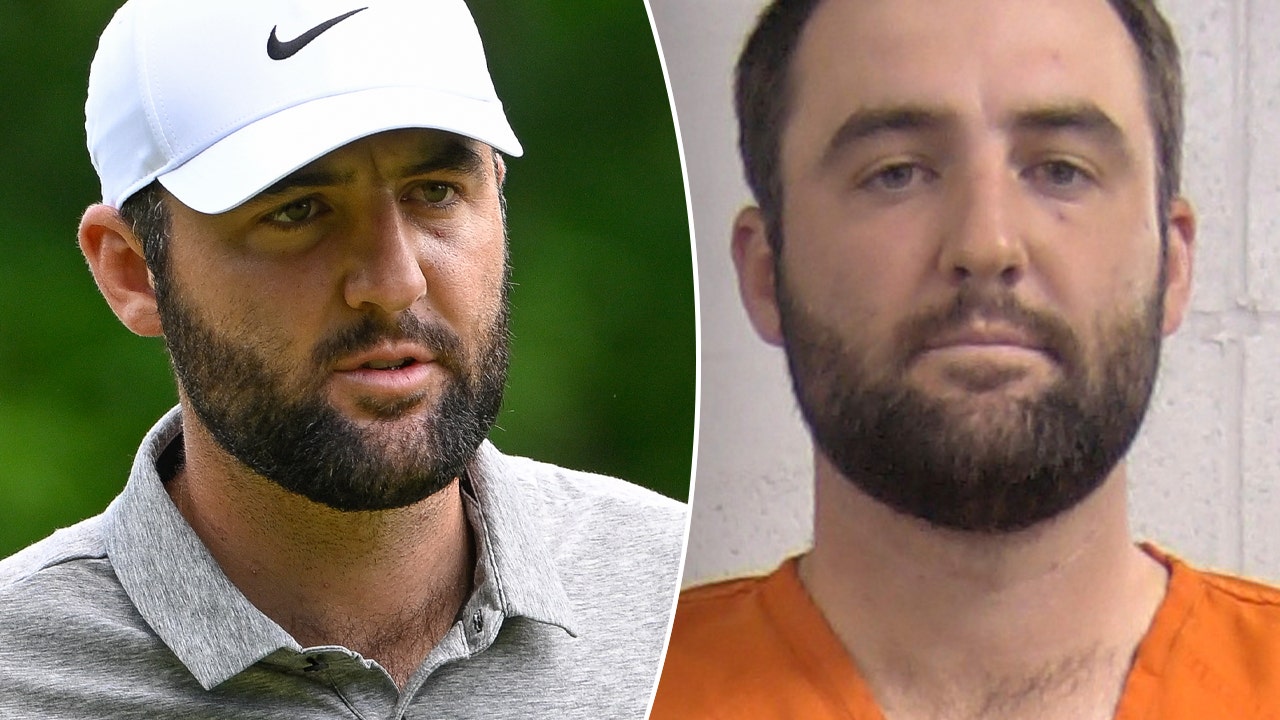World
Brussels, my love? Riots in France & EU rule of law report card

In this edition of Brussels, My Love?, we discuss the recent French protests and ask if Europe is really doing all it can to promote integration and inclusion.
This week we were joined by Emmanuel Achiri, a policy expert on policing and migration at the European Network Against Racism (ENAR), Abir Al-Sahlani, a Swedish MEP from Renew Europe, and Matteo Albania, communications director at Must & Partners, a Brussels-based public relations firm.
This panel discussed integration and inclusion in light of recent events in France.
Albania said that integration, as a whole, does not exist in Europe. “There is no European integration model. There is a France model, there is a Germany model, there is a Spain model, but there is not really one European model.”
French protesters quickly sprang into action after a teen was shot dead during a traffic control, in Nanterre, near Paris. However, these protests quickly degenerated into looting, street fires and led to thousands of arrests.
But human rights advocate Emmanuel Achiri believes this reaction goes deeper than the week-long protests.
“This is systemic. This is not about Nahel. This is not about raising the child correctly. This is about racial profiling. And this is about the French state refusing to recognise that it is promoting racism within society,” he said.
He was not alone in this belief, MEP Al-Sahlani said France needs a reform to start the integration process properly.
“If you don’t take the mirror as a society and look at yourself with open eyes, thinking of perspectives, then you will not be representing everyone and then you will be representing just a certain group,” she said. “This is what the French society has to do as a whole. Take a mirror and have a good look and invite everyone to participate in the discussion to improve society.”
Panelists also dove into the rule of law situation across the bloc and phone addiction.
Watch ‘Brussels, My Love?’ in the player above for more.

World
Blue flash caught in night sky over Spain, Portugal lights up social media
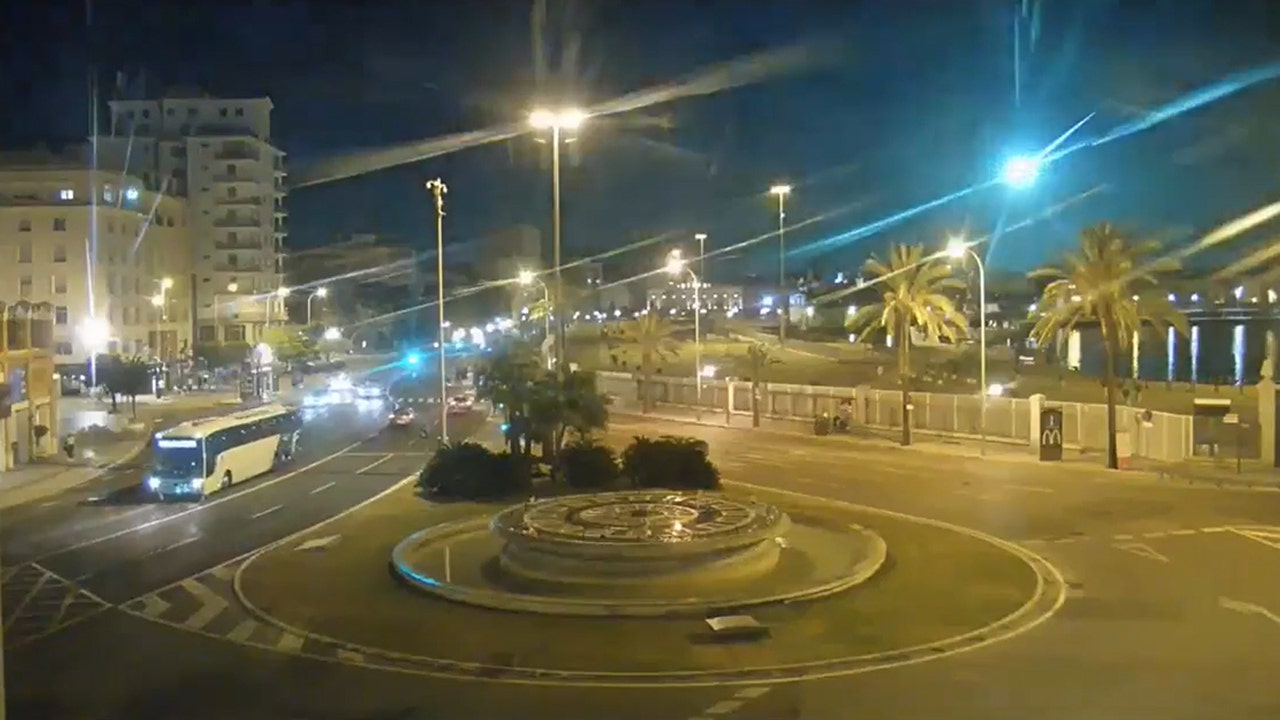
It’s a bird… it’s a plane… it’s a blue meteor? Fireball? Piece of a comet?
Whatever it was, it lit up the night sky for millions of people early Sunday morning in Spain and Portugal. Social media users took stunning pictures and videos for all to revel in the natural science phenomenon.
The spectacular sight crossed the night sky at 12:46 a.m., according to CCTV footage released by the mayor’s office in Cádiz.
The European Space Agency (ESA) Operations says the “blue meteor” everyone is referring to was actually “a small piece of a comet” that flew over the European countries at the speed of 45 kilometers a second, which is equivalent to almost 28 miles.
MERGER OF MASSIVE BLACK HOLES FROM EARLY UNIVERSE UNCOVERED BY WEBB TELESCOPE, SCIENTISTS SAY
It burned up over the Atlantic Ocean at an altitude of 60 kilometers, or more than 37 miles above the surface.
“The likelihood of any meteorites being found is very low,” ESA Operations tweeted after the agency’s Planetary Defence Office analyzed the size and trajectory of the object.
SCIENTISTS DISCOVER LARGE, ‘COTTON CANDY-LIKE’ PLANET WITH UNUSUALLY LOW DENSITY
The night sky in Cadiz, Spain, prior to the fireball’s appearance. (Ayuntamiento de Cadiz via Storyful)
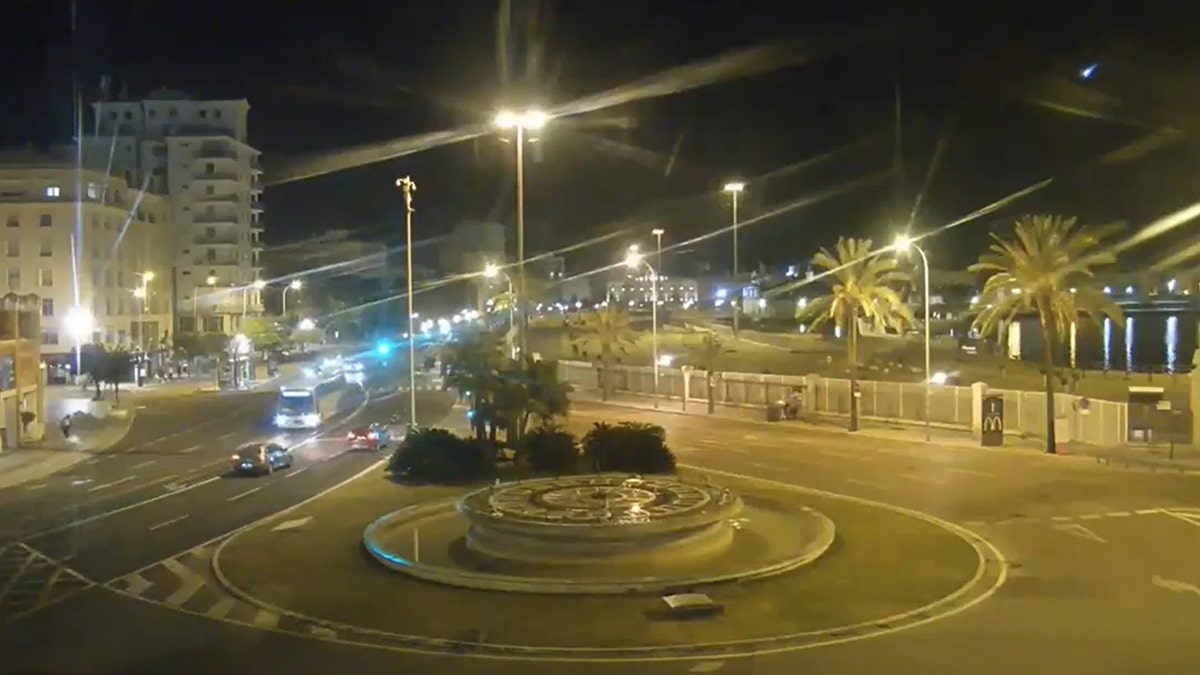
The moment the blue fireball first appeared on the camera rolling at the Cadiz mayor’s office. (Ayuntamiento de Cadiz via Storyful)
National Aeronautics and Space Administration explains the color was likely due to magnesium, and that “meteor color depends on whether the metal atom emissions or the air plasma emissions dominate.”
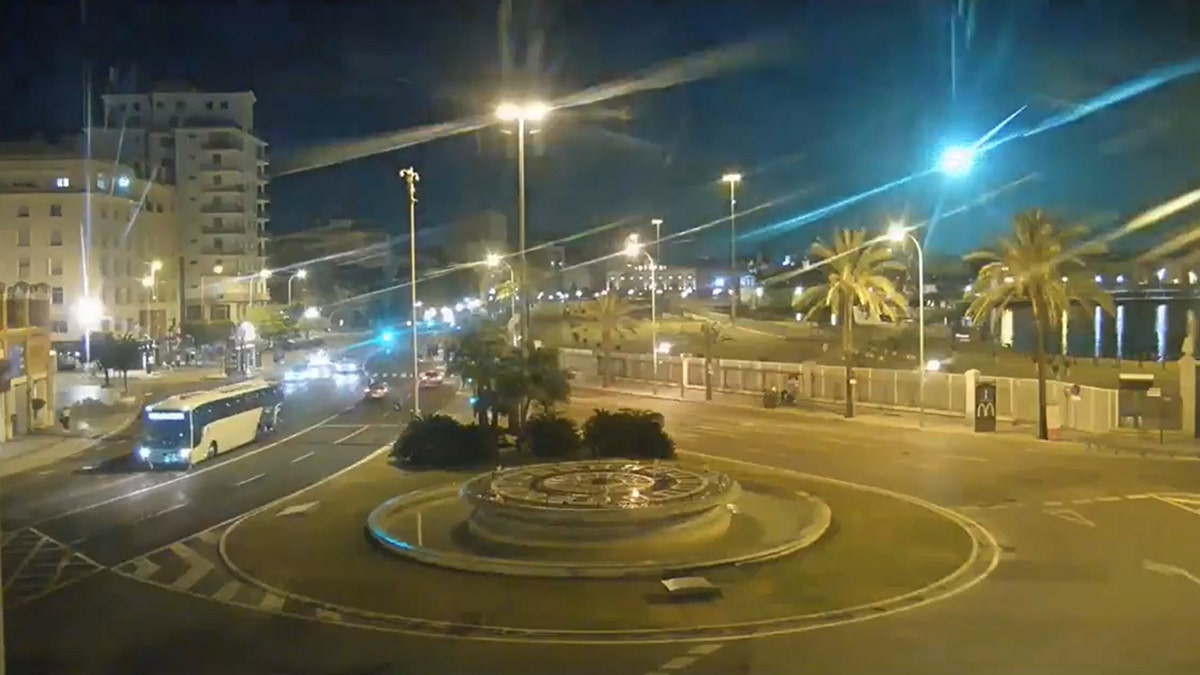
The blue fireball lit up Spain’s sky early in the morning May 19, 2024. (Ayuntamiento de Cadiz via Storyful)
“Short-period comets, also known as periodic comets, originate from a disk-shaped band of icy objects known as the Kuiper Belt beyond Neptune’s orbit, with gravitational interactions with the outer planets dragging these bodies inward, where they become active comets,” Space.com states.
Many on social media referred to what they witnessed as a “once in a lifetime sight,” according to news.com.au, with at least one joking, “That’s no meteor, that’s Optimus Prime.”
Fox News’ Mitch Picasso contributed to this report.
World
How is Azerbaijan involved with France and New Caledonia?
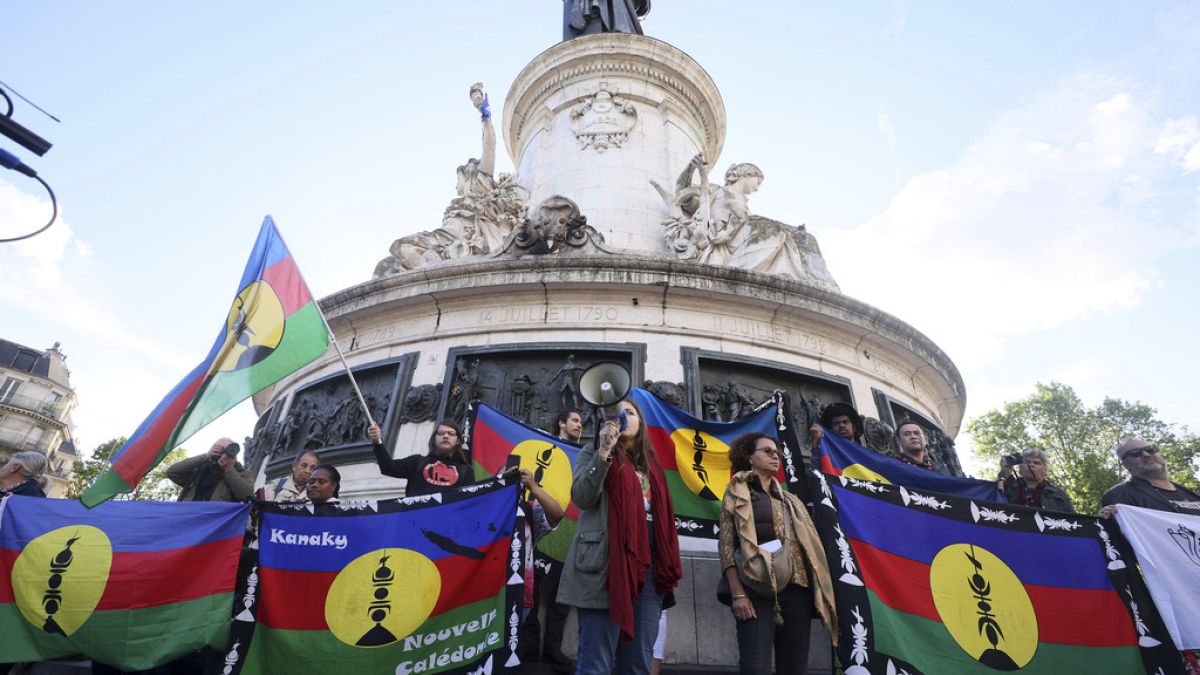
France has accused Azerbaijan of meddling in its Pacific territory, New Caledonia, by supporting independence movements and spreading disinformation, amid broader geopolitical tensions.
France has accused Azerbaijan of meddling in its Pacific archipelago territory of New Caledonia.
Despite the vast geographical and cultural distance between the Caspian state and the French Pacific territory, this claim is rooted in a complex web of historical, political, and diplomatic tensions.
The Crisis in New Caledonia
New Caledonia, located between Australia and Fiji, is a French territory with a history of striving for independence.
The recent unrest in New Caledonia was ignited by a new electoral law perceived by the indigenous Kanak population as discriminatory.
This law allows people who have lived in New Caledonia for at least ten years the right to vote in local elections, which pro-independence supporters argue will dilute the Kanak vote.
France’s Accusations
France’s Interior Minister, Gérald Darmanin, has publicly stated that Azerbaijan, along with China and Russia, is interfering in New Caledonia’s internal matters. “This isn’t a fantasy. It’s a reality,” Darmanin told the France 2 TV channel, emphasizing the seriousness of the allegations.
The French government points to the sudden appearance of Azerbaijani flags at Kanak independence protests and the backing of separatists by groups linked to Baku.
Azerbaijan has vehemently denied any involvement, calling the accusations baseless. “We completely reject the baseless accusations,” said Ayhan Hajizadeh, a spokesperson for Azerbaijan’s Foreign Ministry. “We refute any connection between the leaders of the struggle for freedom in Caledonia and Azerbaijan.”
A significant element in this story is the Baku Initiative Group, established during a conference in July 2023 in Azerbaijan. This group, which includes participants from various French territories seeking independence, aims to support anti-colonial movements against France.
The group has expressed solidarity with the Kanak people and condemned the recent electoral reforms in New Caledonia. “We stand in solidarity with our Kanak friends and support their fair struggle,” the Baku Initiative Group stated.
Why are France and Azerbaijan clashing diplomatically?
The tensions between France and Azerbaijan extend beyond New Caledonia. France is a traditional ally of Armenia, Azerbaijan’s historical rival, particularly regarding the contentious Nagorno-Karabakh region.
Following the 2020 war and a subsequent 2023 offensive by Azerbaijan to reclaim control of Nagorno-Karabakh, France has openly supported Armenia.
This support includes defence agreements and military equipment supplies, fuelling further animosity from Azerbaijan. Darmanin referred to Azerbaijan as a “dictatorship,” highlighting the deep-seated distrust.
France has also accused Azerbaijan of engaging in disinformation campaigns to destabilise its territories. Pro-Azerbaijani social media accounts have been linked to the spread of misleading content about the French police’s actions in New Caledonia.
A French government source mentioned a “pretty massive campaign, with around 4,000 posts generated by (these) accounts,” aimed at inciting violence and mistrust.
This follows France recalling its ambassador to Azerbaijan in April, with President Macron expressing regret for Azerbaijan’s actions, along with his hope that the Azerbaijanis would clarify their intentions.
Why New Caledonia?
While Azerbaijan’s direct interest in New Caledonia might seem far-fetched, it fits into a broader strategy of challenging the French colonial legacy and supporting separatist movements.
By aligning with anti-colonial sentiments, Azerbaijan aims to position itself as a champion of liberation movements, simultaneously discrediting France on the international stage.
This effort is seen as part of a broader geopolitical manoeuvering, including Azerbaijan’s efforts to tarnish France’s image, as noted by its alleged disinformation campaign against France’s capability to host the Olympic Games.
The heightened tensions have had further repercussions. The French Sports Minister cancelled the Olympic flame’s journey through New Caledonia, for security reasons, but also an action that reflects the severity of the unrest and the accusations of foreign interference.
The involvement of Azerbaijan in New Caledonia’s unrest is a multifaceted issue rooted in broader geopolitical rivalries and historical grievances.
For Azerbaijan, supporting independence movements in French territories is a way to strike back at France for its support of Armenia and to bolster its own international standing.
For France, these actions represent a direct challenge to its sovereignty and stability in its overseas territories, prompting strong accusations and heightened tensions between Paris and Baku.
World
Ukraine and Russia exchange drone attacks while Russia continues its push in the east
KYIV, Ukraine (AP) — Russia said it shot down some 60 drones and several missiles over its territory while Ukraine in turn said it destroyed over 30 Russian drones. At least four people were reported killed in an attack on the outskirts of Kharkiv on Sunday as Russia pushed ahead with its renewed offensive in Ukraine’s war-ravaged northeast.
Russian air defenses shot down 57 Ukrainian drones over the southern Krasnodar region overnight, the Russian Defense Ministry said.
Local military officials said drone debris hit an oil refinery in the town of Slavyansk-on-Kuban, but there was no fire or damage. News outlet Astra published videos appearing to show an explosion at the refinery as it was hit by a drone. The videos could not be independently verified.
Nine long-range ballistic missiles and a drone were destroyed over the Russia-occupied Crimean Peninsula, following Friday morning’s massive Ukrainian drone attack that cut off power in the city of Sevastopol.
A further three drones were shot down over the Belgorod region, which borders Ukraine. According to regional Gov. Vyacheslav Gladkov, a church roof was set on fire by falling drone debris, but there were no casualties.
The Russian-installed governor of Ukraine’s partially occupied Kherson region, Vladimir Saldo, said that one person died and 16 were wounded when a Ukrainian drone hit a minibus on Sunday morning.
In Ukraine, air force officials said air defenses shot down all 37 Russian drones launched against the country overnight.
In the northeastern Kharkiv region, where Moscow recently launched a new offensive, regional Gov. Oleh Syniehubov said Sunday morning that one person died and 11 were wounded as a result of shelling over the previous day.
Later on Sunday, Syniehubov said four people were killed and eight wounded in a Russian strike on the outskirts of the regional capital, also called Kharkiv.
Ukrainian troops are fighting to halt Russian advances in the Kharkiv region that began late last week.
Russian President Vladimir Putin said on Friday during a visit to China that Moscow’s offensive in the Kharkiv region aims to create a buffer zone but that there are no plans to capture the city.
——
Morton reported from London.
——
Follow AP’s coverage at https://apnews.com/hub/russia-ukraine
-

 World1 week ago
World1 week agoIndia Lok Sabha election 2024 Phase 4: Who votes and what’s at stake?
-

 Politics1 week ago
Politics1 week agoTales from the trail: The blue states Trump eyes to turn red in November
-

 World1 week ago
World1 week agoBorrell: Spain, Ireland and others could recognise Palestine on 21 May
-

 Politics1 week ago
Politics1 week agoFox News Politics: No calm after the Stormy
-

 World1 week ago
World1 week agoUkraine’s Zelenskyy fires head of state guard over assassination plot
-

 Politics1 week ago
Politics1 week agoUS Border Patrol agents come under fire in 'use of force' while working southern border
-

 World1 week ago
World1 week agoCatalans vote in crucial regional election for the separatist movement
-

 News7 days ago
News7 days agoSkeletal remains found almost 40 years ago identified as woman who disappeared in 1968
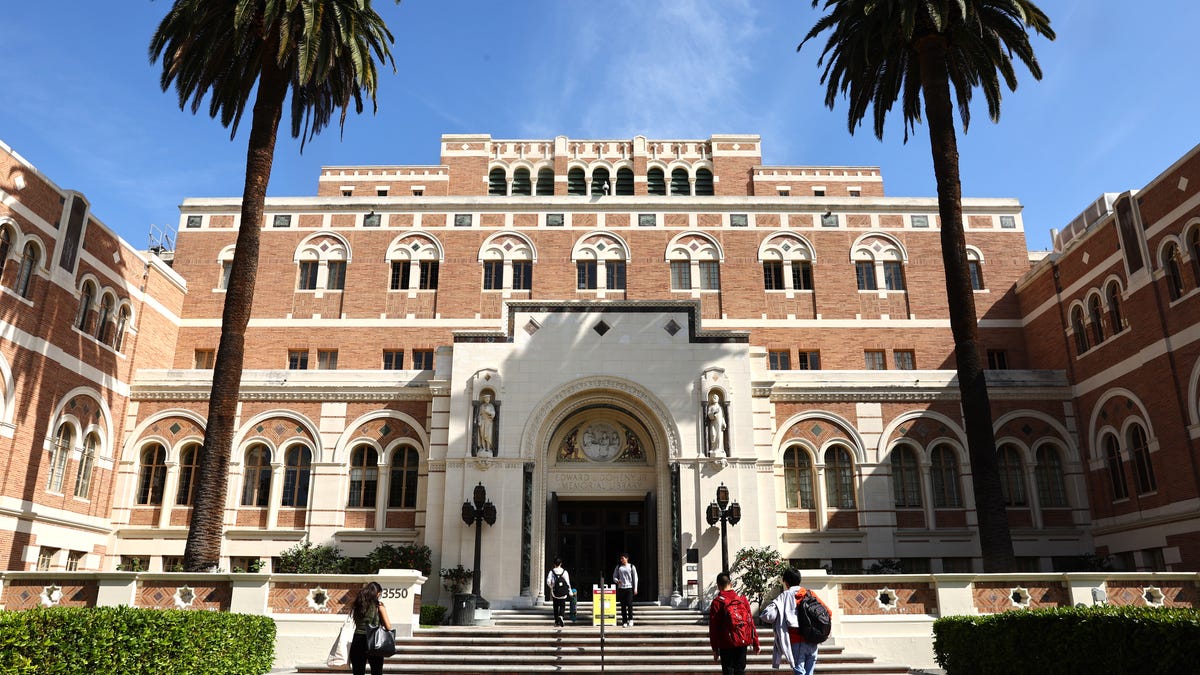
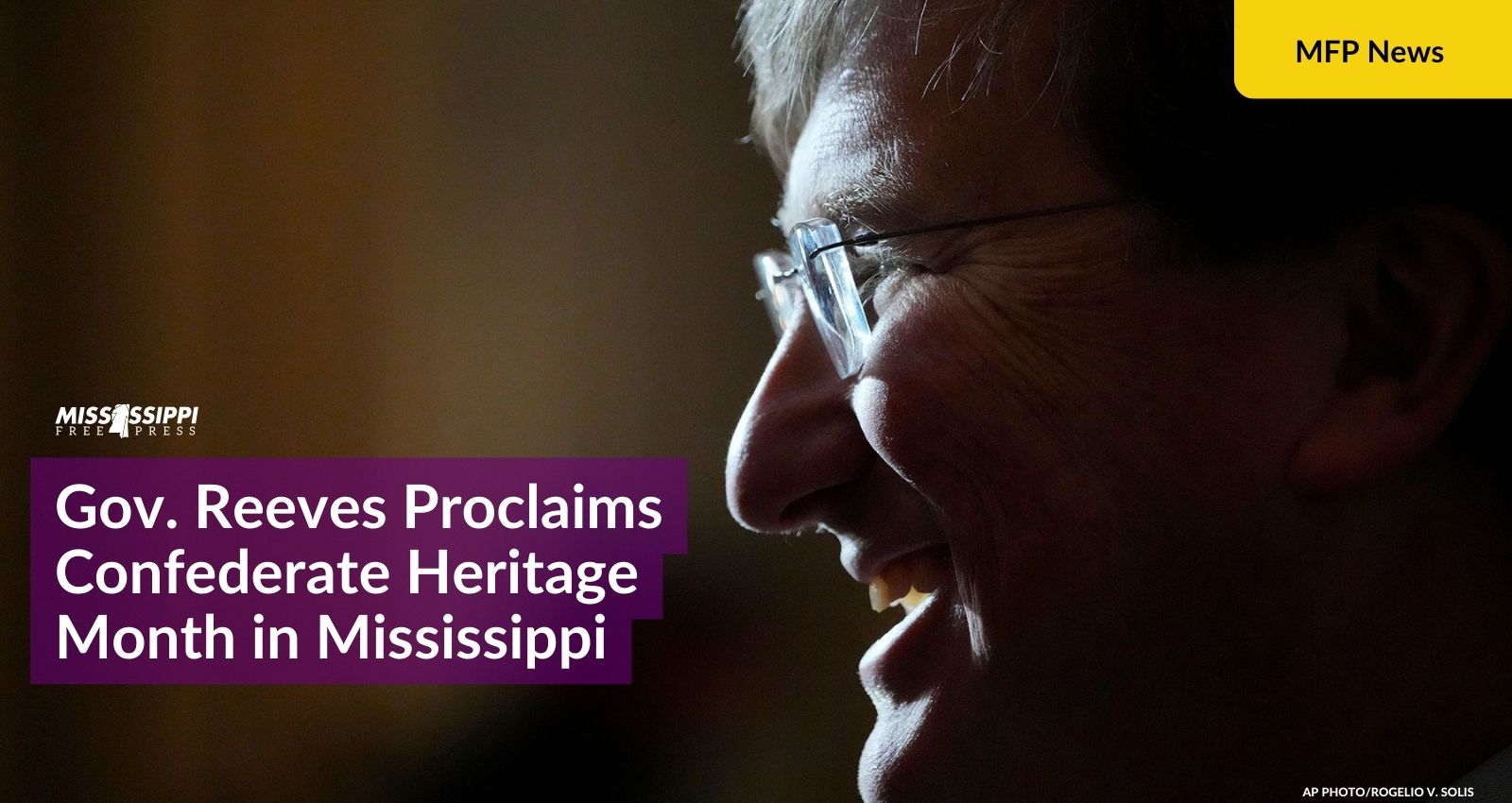


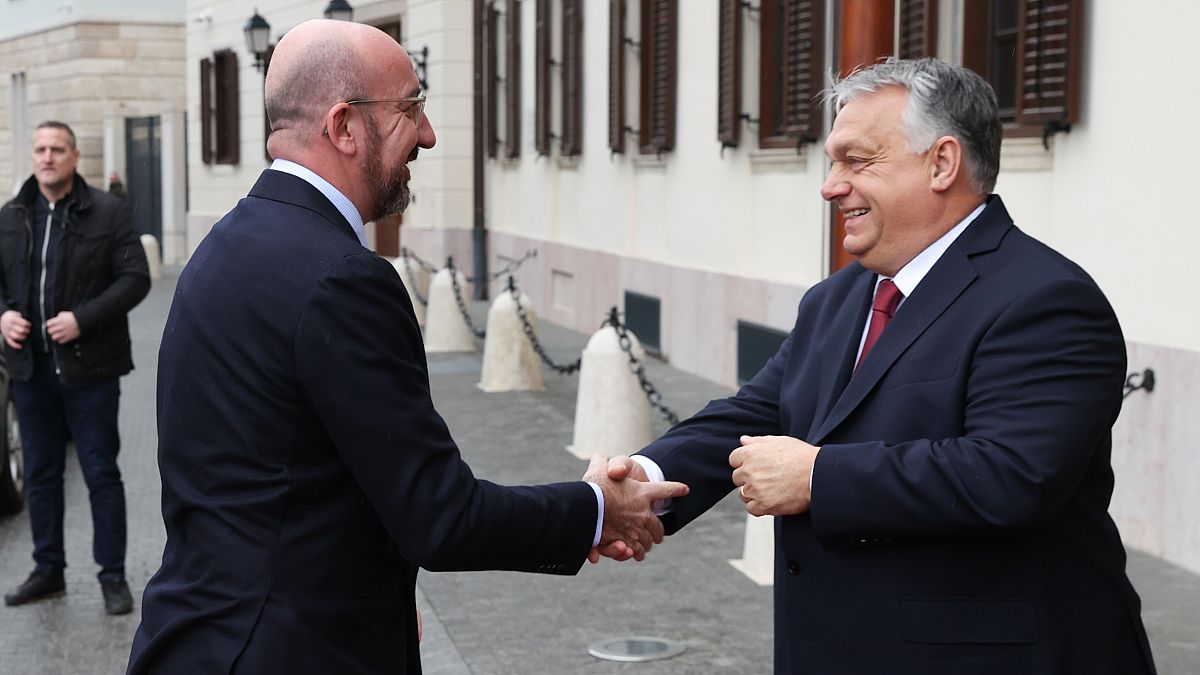
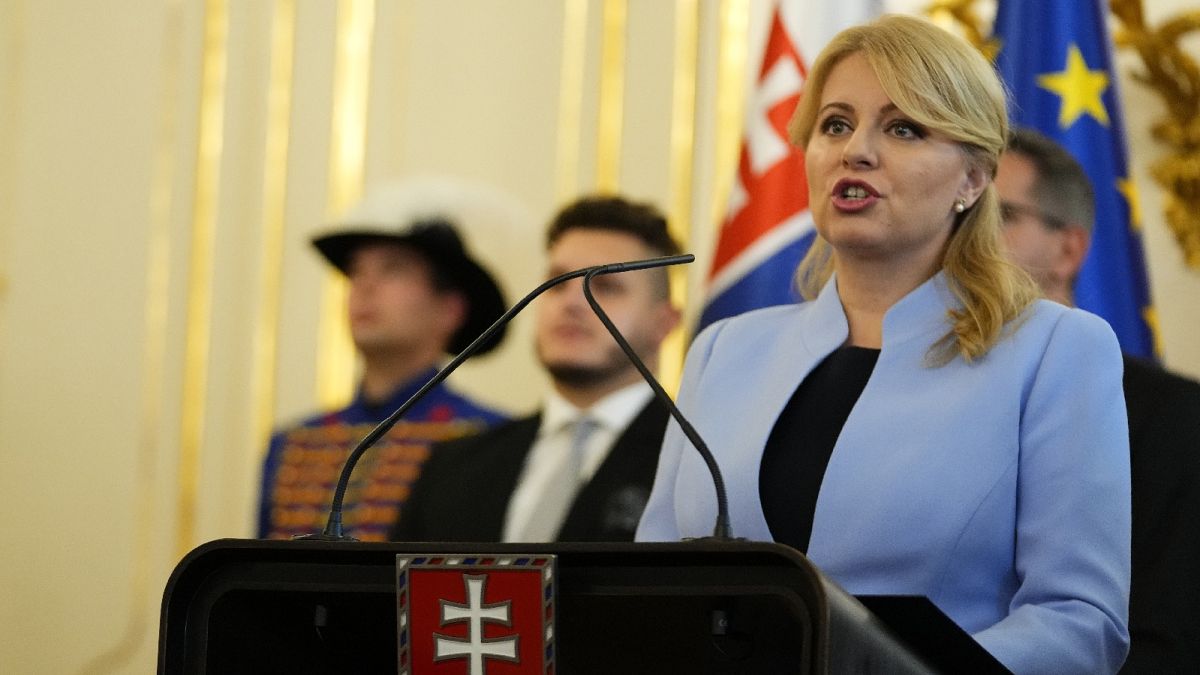

/cdn.vox-cdn.com/uploads/chorus_asset/file/25430225/247065_Vergecast_Gaming_Senses_Smell_SHaddad.png)

